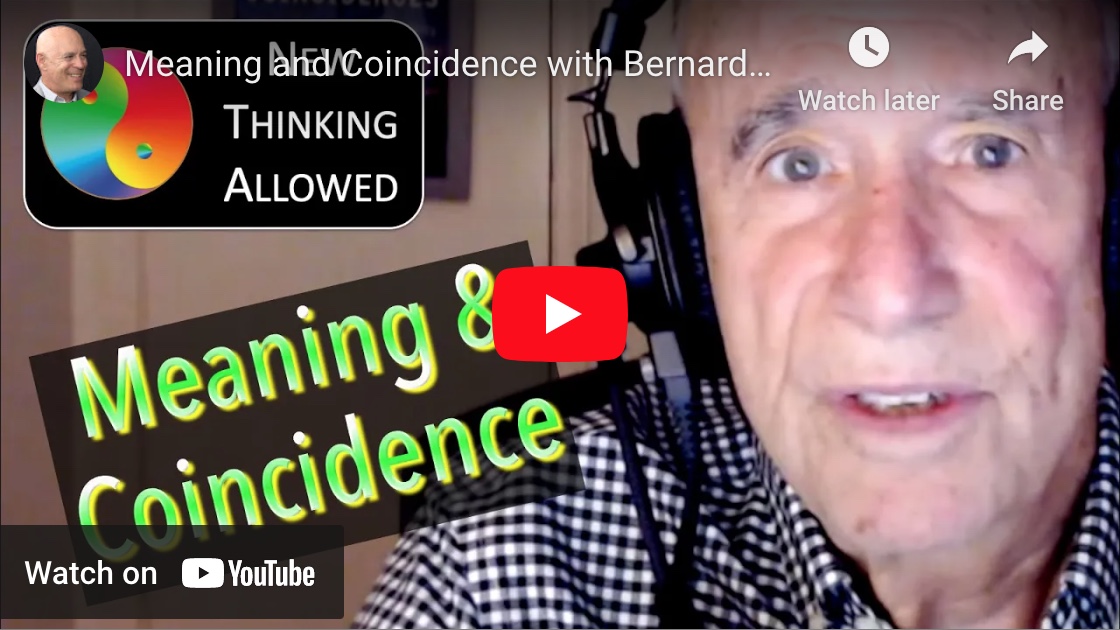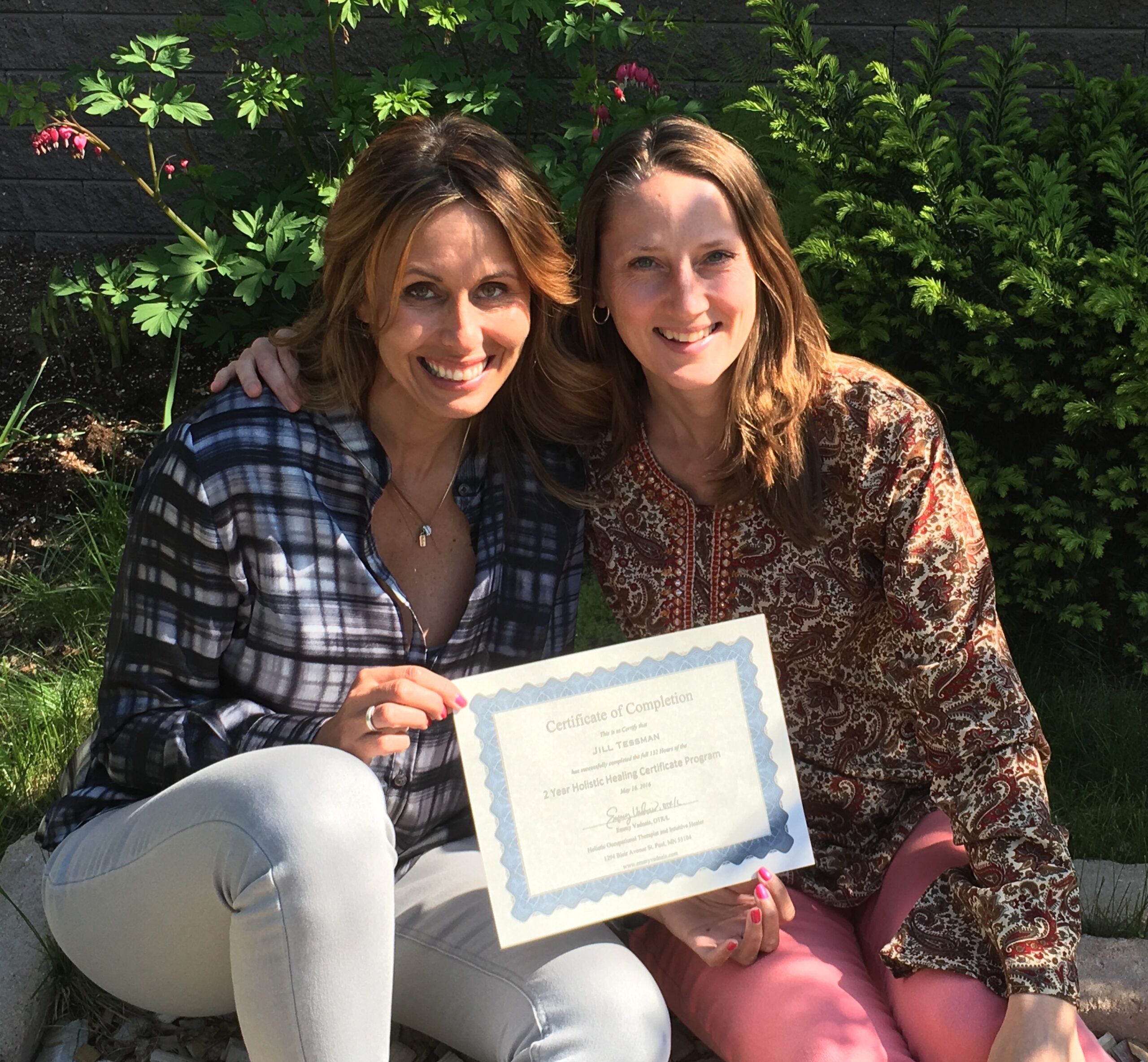
Meaning and Coincidence
How often do you have a synchronicity or meaningful coincidence? They may occur frequently, if you’re paying attention.
Dr. Bernard Beitman, MD, is a Visiting Professor at the University of Virginia and former Chair of the Department of Psychiatry at the University of Missouri-Columbia. He is the first psychiatrist since Carl Jung to attempt to systematize the study of coincidences. He has edited two issues of Psychiatric Annals that focus on coincidences, and is the founder of The Coincidence Project, that is a global initiative cultivating world-wide use of coincidence, synchronicity, and serendipity. He is the host of the podcast, Connecting with Coincidence. He is author of a dozen books, including Connecting with Coincidence: The New Science of Using Synchronicity and Serendipity in Your Life and Meaningful Coincidences: How and Why Synchronicity and Serendipity Happen. His website is coincider.com.
Bernard shares that a meaningful coincidence, synchronicity, and serendipity are a coming together of apparently unrelated events, by cause, in a surprising and unexpected way. The psychosphere – our mental atmosphere – is the medium in which we exchange energy and information. Love and connection seem to increase the probability of meaningful coincidences. They can occur in times of great emotion, need, and stressors. A majority believe that God or the Universe make them happen. He says we play a role in them and have much more of an ability to know what’s going on around us than we think. He encourages people to talk to each other about meaningful coincidences. They may help increase awareness, open to possibilities, help with decision-making, find purpose, and reduce challenges in relationships and on planet earth.




